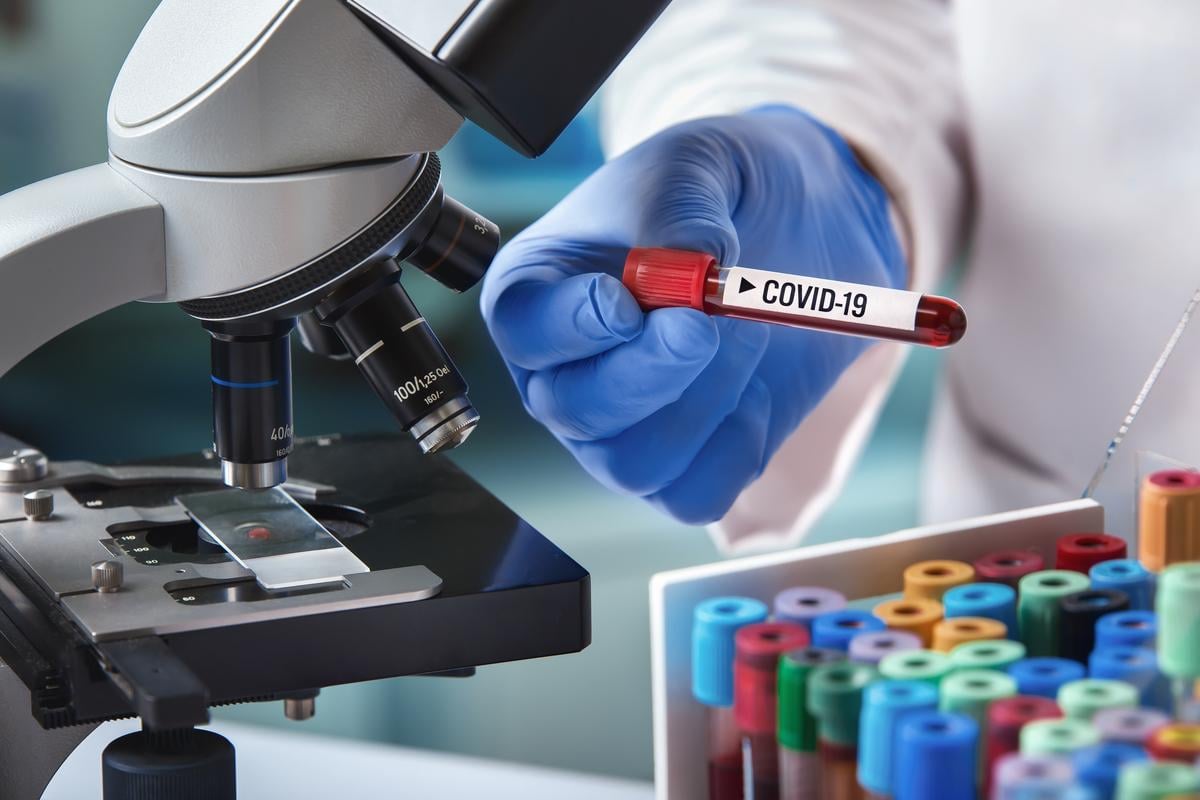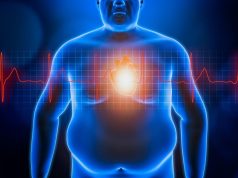One in five asymptomatic individuals were antigen-positive versus half of those with ongoing cardiopulmonary, musculoskeletal, and neurologic symptoms
By Lori Solomon HealthDay Reporter
THURSDAY, Oct. 10, 2024 (HealthDay News) — The presence of persistent antigen is associated with having postacute sequelae of COVID-19 (PASC) symptoms, according to a study published online Oct. 8 in Clinical Microbiology and Infection.
Zoe Swank, Ph.D., from Brigham and Women’s Hospital in Boston, and colleagues assessed the proportion of individuals with detectable antigen in plasma or serum after severe acute respiratory syndrome coronavirus 2 (SARS-CoV-2) infection and the association between antigen detection with PASC symptoms. The analysis included 1,569 samples from 706 individuals infected with SARS-CoV-2.
The researchers found that 21 percent of samples were positive for either S1, spike, or nucleocapsid, with spike predominantly detected. The highest proportion of spike-positive samples (20 percent) was seen between four and seven months postinfection. At more than one month postinfection, 82 percent of participants reported at least one of the 34 PASC symptoms examined. The highest prevalence of PASC symptoms was seen for cardiopulmonary, musculoskeletal, and neurologic symptoms, which were reported in more than half of all participants. Among these participants, 43 percent were antigen-positive, on average. Eighteen percent of participants reported no ongoing symptoms and antigen was detected in 21 percent of them. When adjusting for sex, age, time postinfection, and cohort, the presence of antigen was associated with the presence of one or more PASC symptoms (odds ratio, 1.8).
“The findings of this multicohort study indicate that SARS-CoV-2 antigens can be detected in the blood of a substantial proportion of individuals up to 14 months after infection,” the authors write.
Several authors disclosed ties to the pharmaceutical industry.
Abstract/Full Text (subscription or payment may be required)
Copyright © 2024 HealthDay. All rights reserved.








